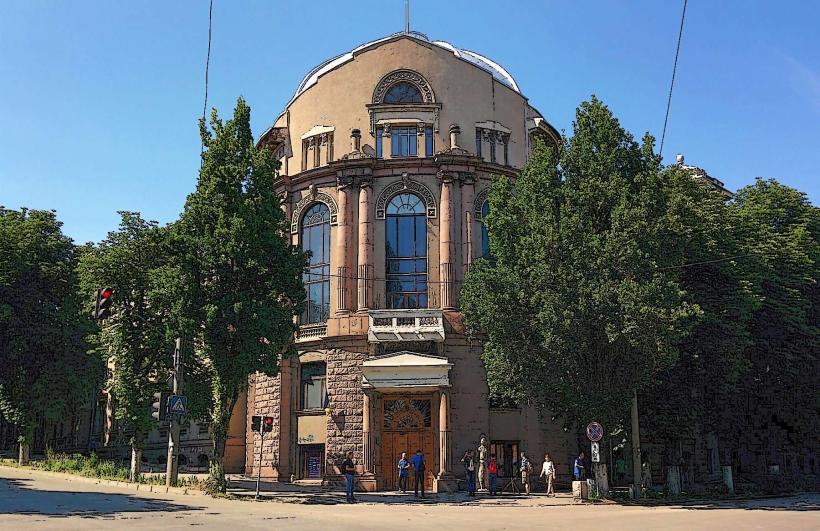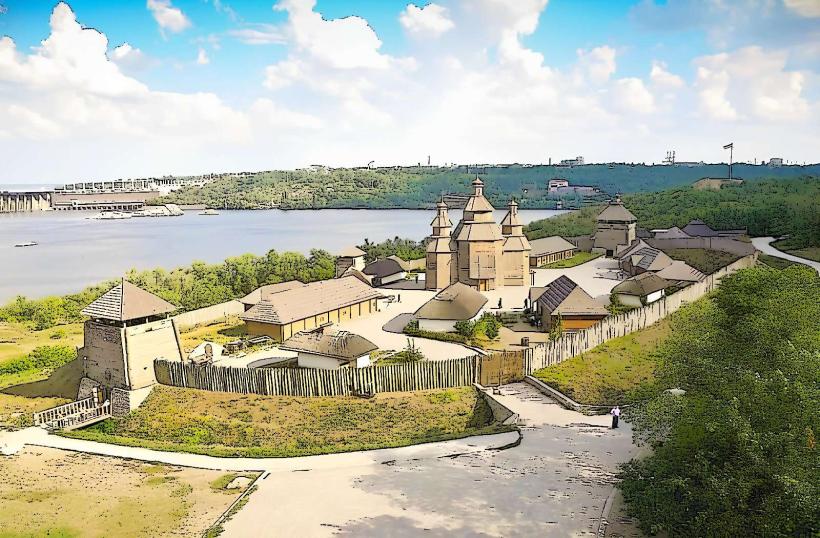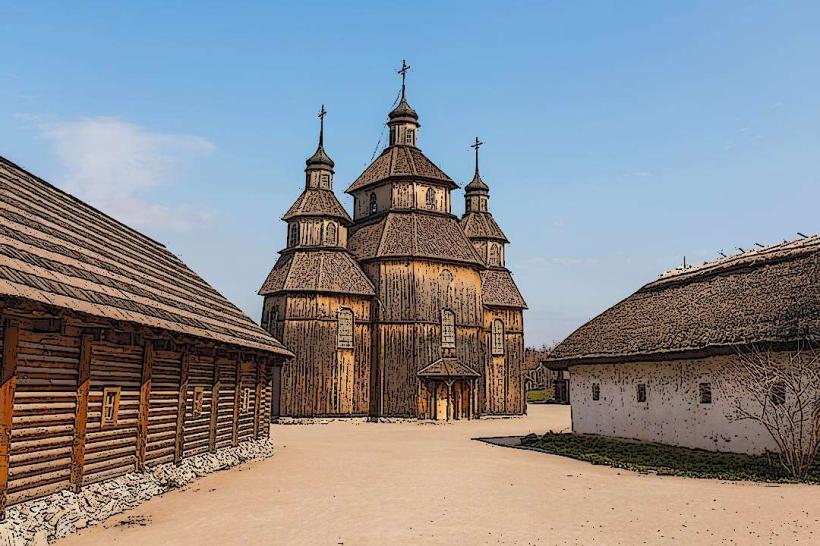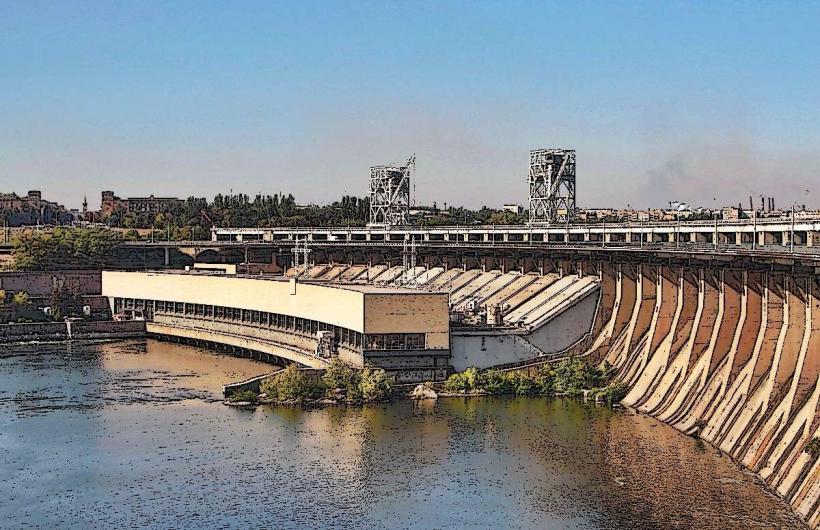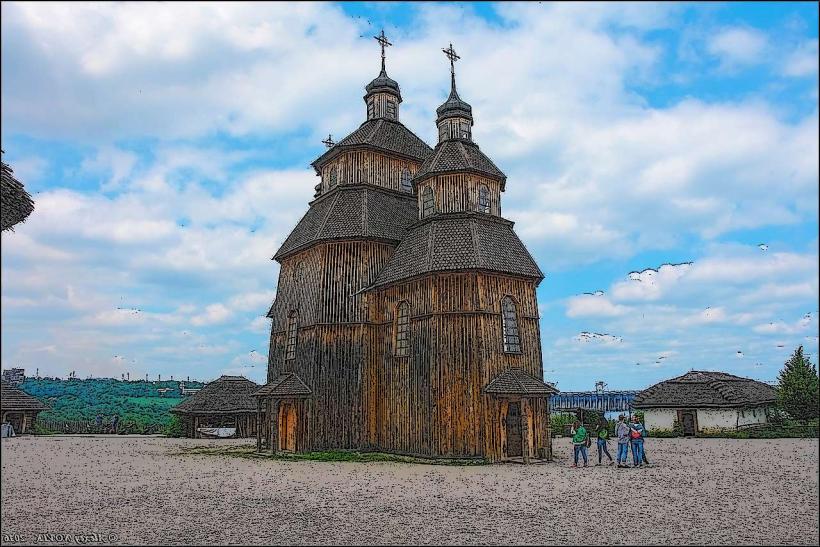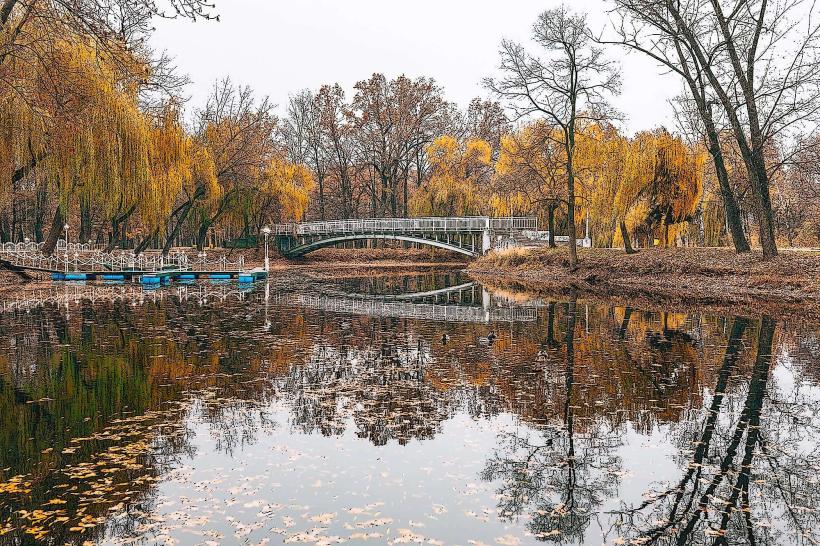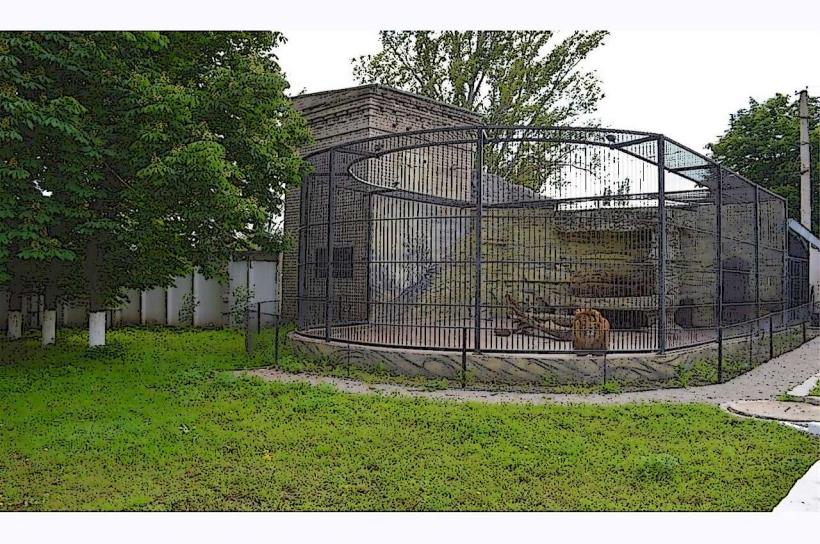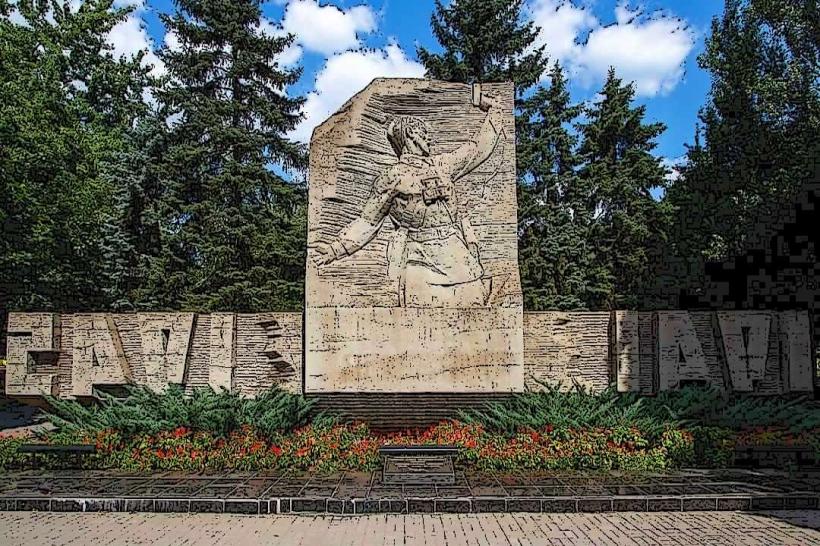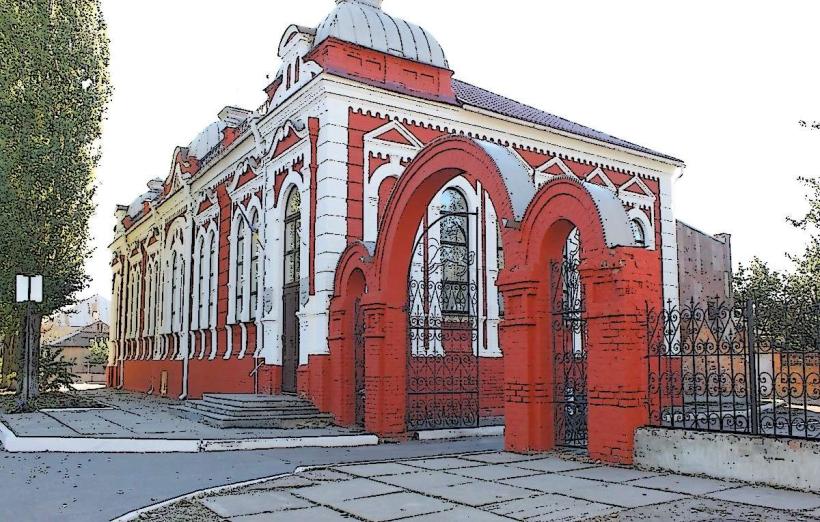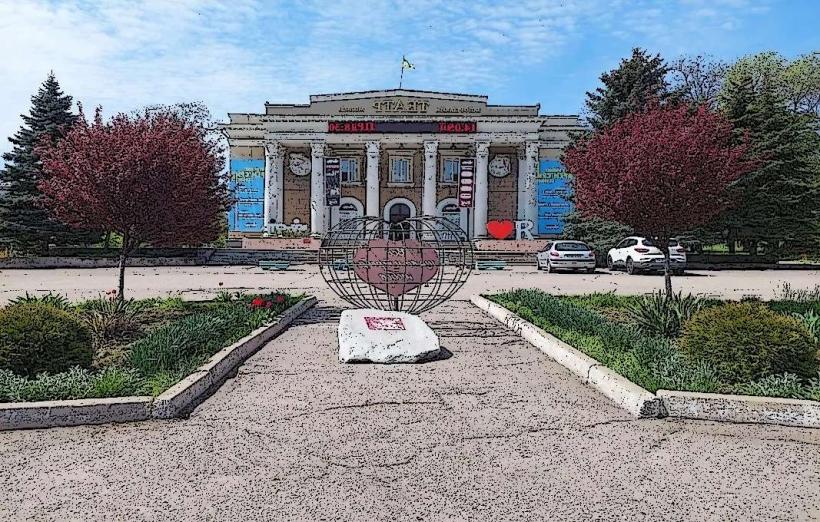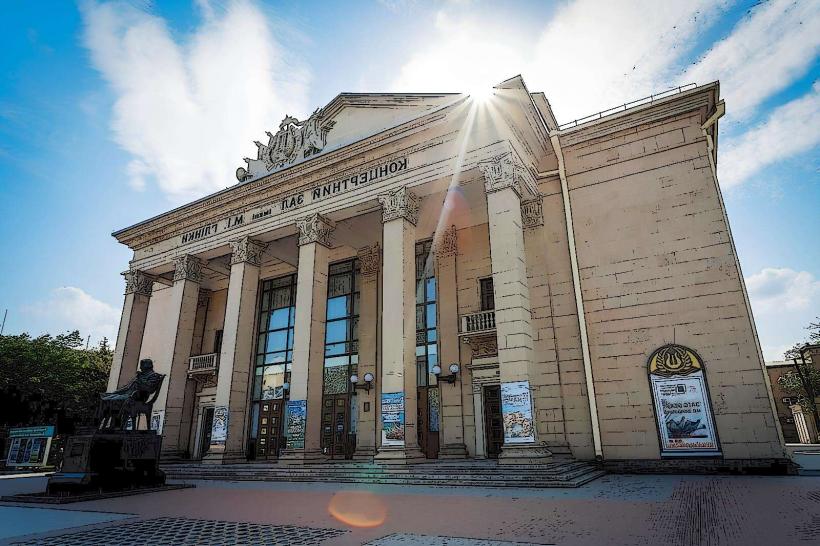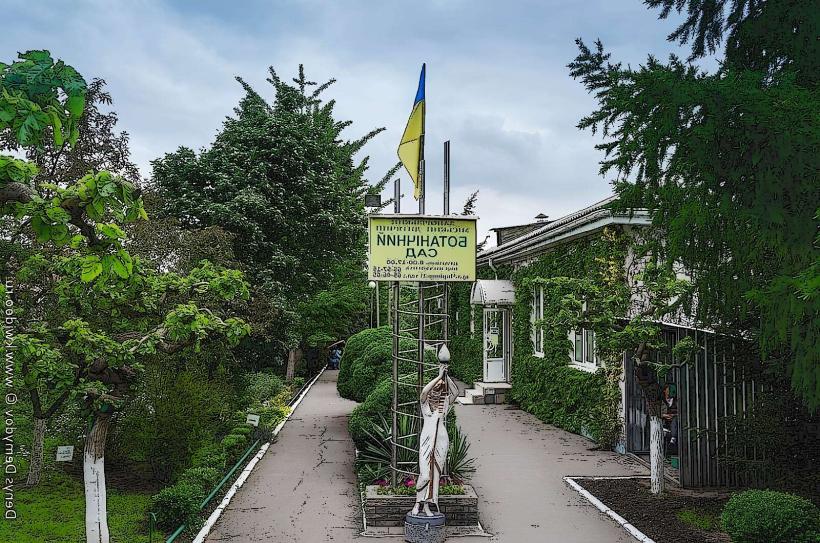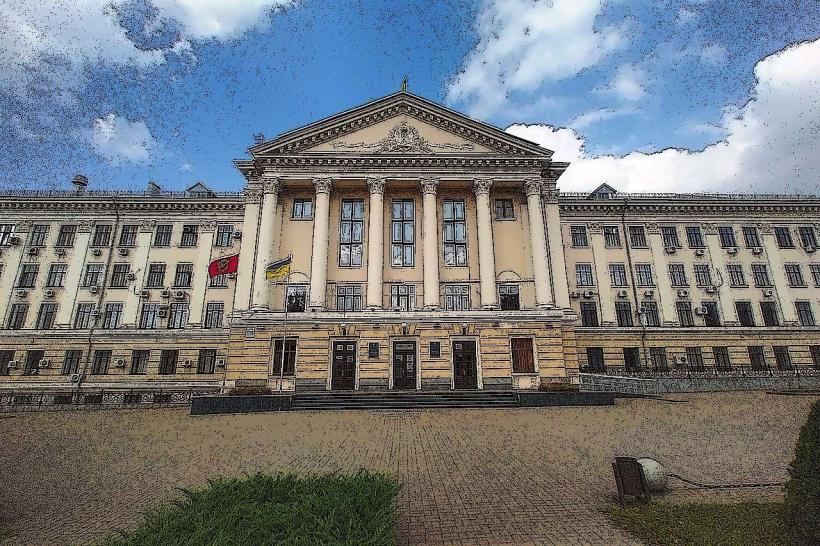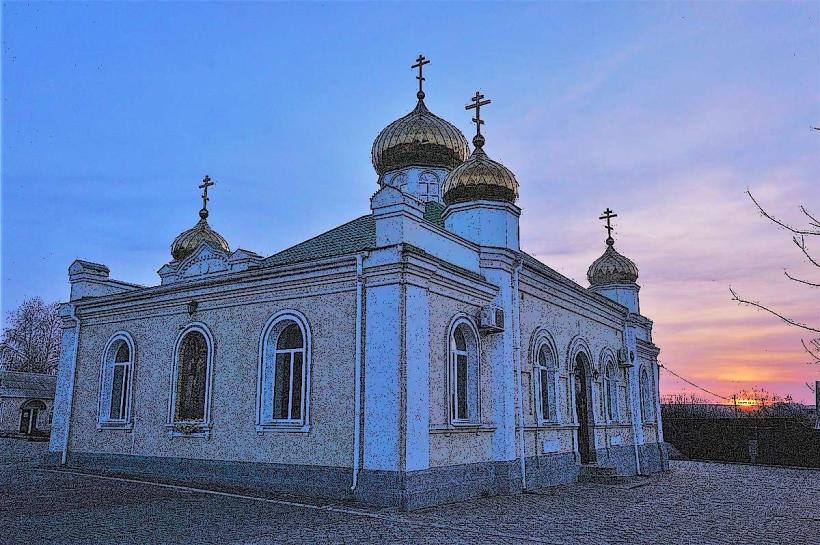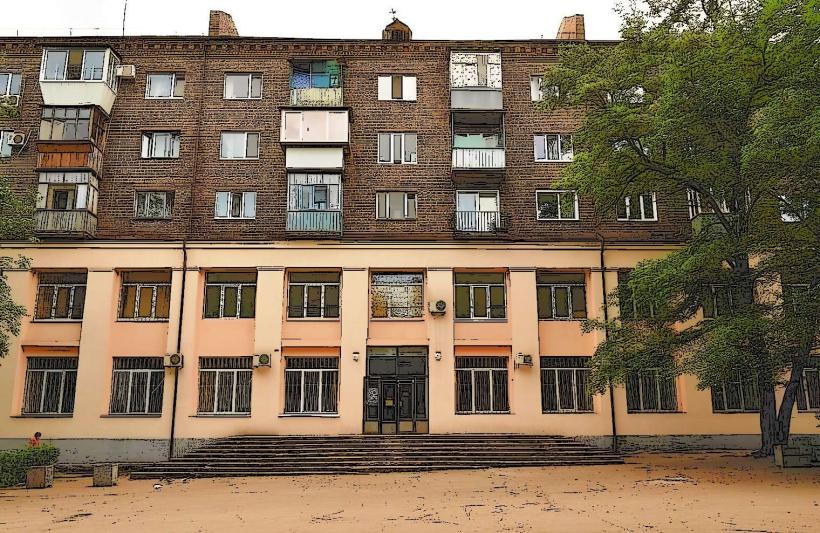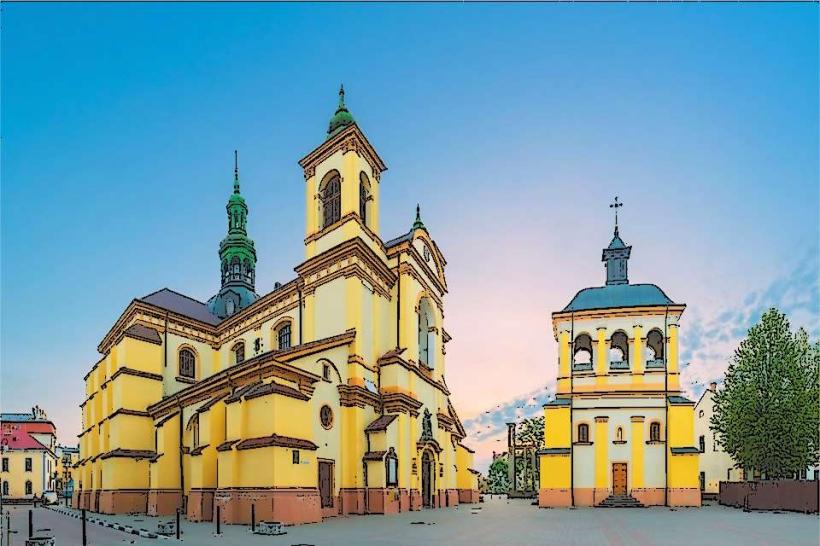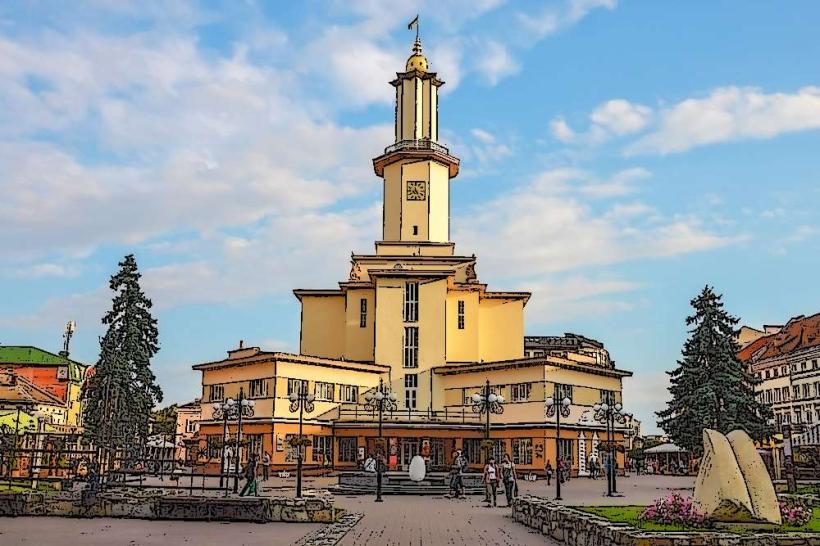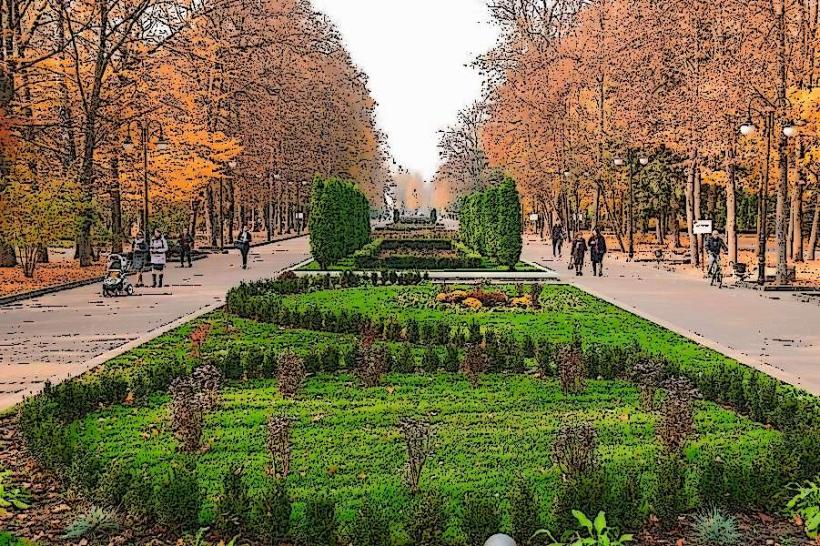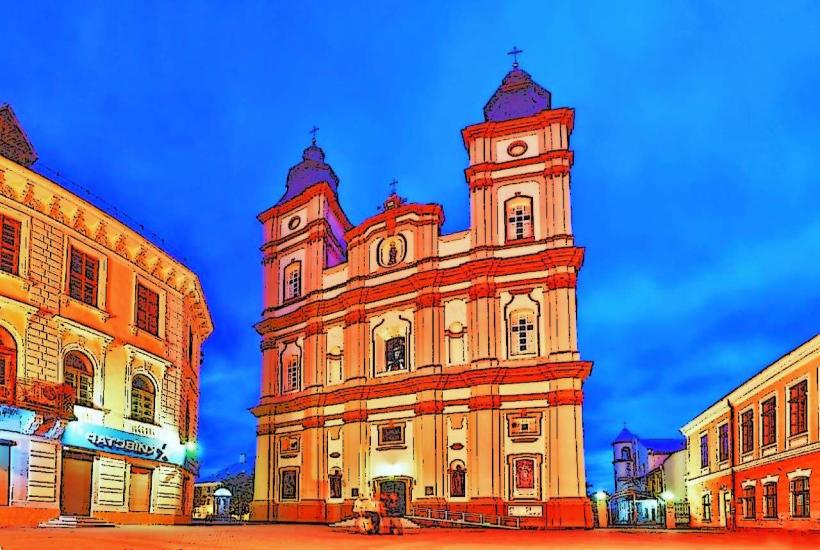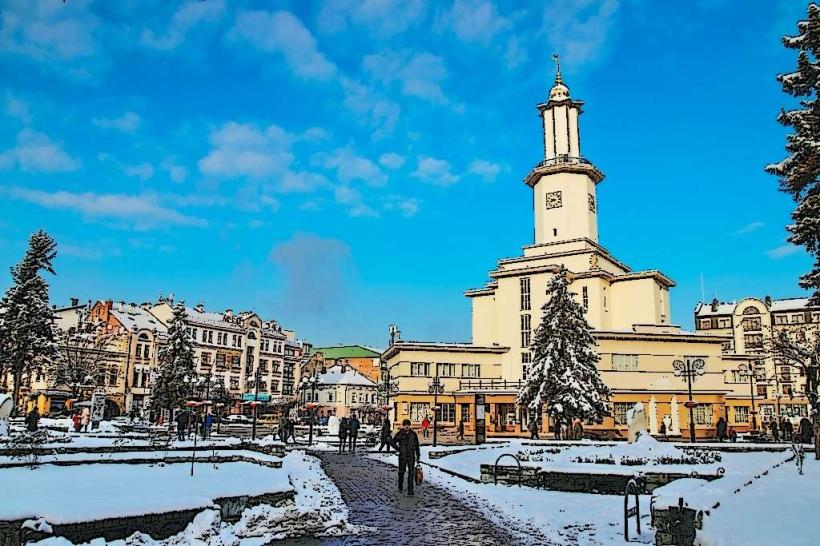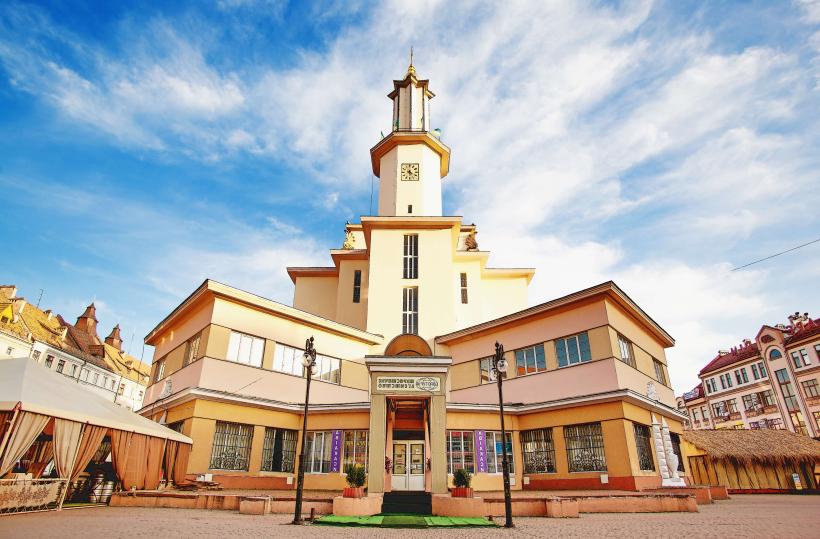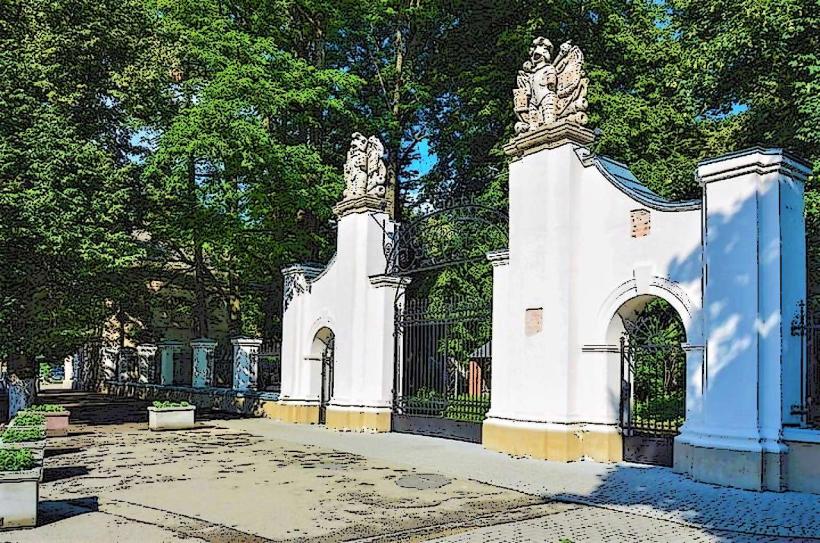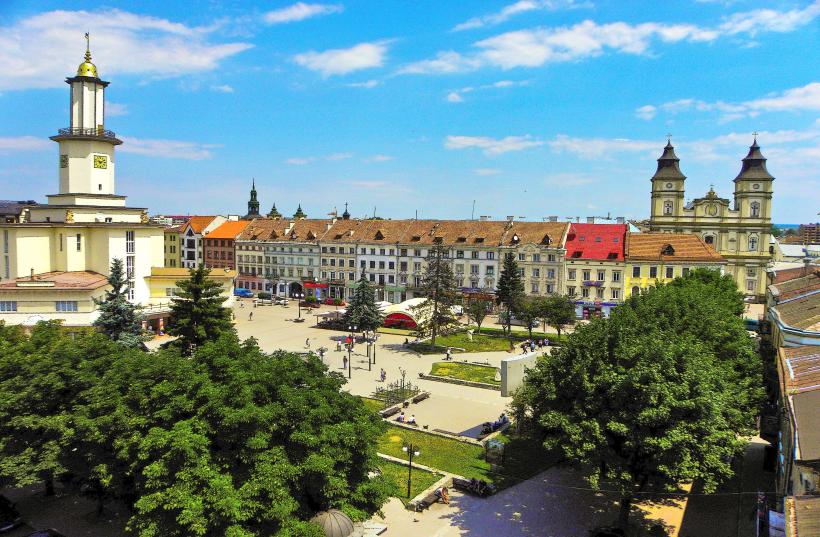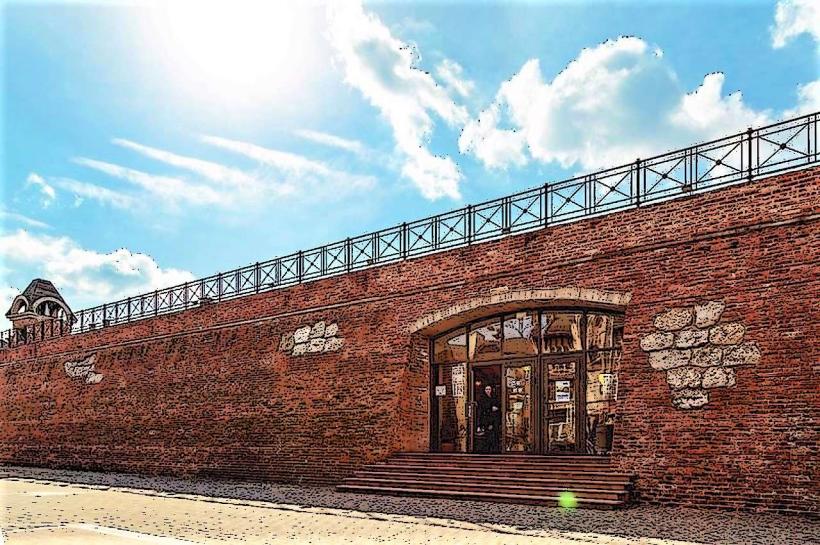Information
Landmark: Museum of Folk ArtCity: Zaporizhzhia
Country: Ukraine
Continent: Europe
Museum of Folk Art, Zaporizhzhia, Ukraine, Europe
The Museum of Folk Art is located in the city of Zaporizhzhia, Ukraine. It houses a collection of traditional Ukrainian crafts and artworks.
Visual Characteristics
The museum building is a two-story structure constructed from red brick. Its facade features white decorative elements around the windows and doorways. The roof is pitched and covered with dark grey tiles. The architectural style is characteristic of early 20th-century public buildings in the region.
Location & Access Logistics
The museum is situated at 12 Sobornyi Avenue, approximately 1.5 kilometers south of the city center. Access is via Sobornyi Avenue, a major thoroughfare. Public transport options include bus routes 1, 3, 5, and 10, which stop directly in front of the museum. Limited street parking is available on adjacent side streets.
Historical & Ecological Origin
The building was constructed in 1912 and originally served as a municipal library. It was repurposed as the Museum of Folk Art in 1965. The collection focuses on preserving and showcasing traditional Ukrainian folk art forms, including embroidery, pottery, wood carving, and pysanky (decorated Easter eggs).
Key Highlights & Activities
Visitors can view permanent exhibitions detailing the history and techniques of various folk art disciplines. Temporary exhibitions featuring contemporary folk artists are also presented. Informational displays provide context on the cultural significance of the displayed items. Photography without flash is permitted in designated areas.
Infrastructure & Amenities
Restrooms are available on the ground floor. Limited seating is provided within exhibition halls. There is no dedicated cafe on-site, but food vendors and cafes are located within a 500-meter radius along Sobornyi Avenue. Cell phone signal (4G) is generally good within the museum.
Best Time to Visit
The museum is open Tuesday through Sunday from 10:00 AM to 6:00 PM. Weekday mornings, particularly between 10:00 AM and 12:00 PM, tend to have fewer visitors. The best time for photography is during daylight hours when natural light enters the exhibition rooms.
Facts & Legends
A notable item in the collection is a large embroidered rushnyk (ritual cloth) measuring over 10 meters in length, created by a collective of artisans from the Zaporizhzhia region in the 1970s. Local lore suggests that touching specific patterns on older embroidered items can bring good fortune.
Nearby Landmarks
- Zaporizhzhia Regional Art Museum (0.3km North)
- Khortytsia National Reserve (4.5km Northwest, accessible via bridge)
- Zaporizhzhia History Museum (0.8km North)
- Ascension Cathedral (1.2km North)
- Mayakovsky Park (0.6km West)

